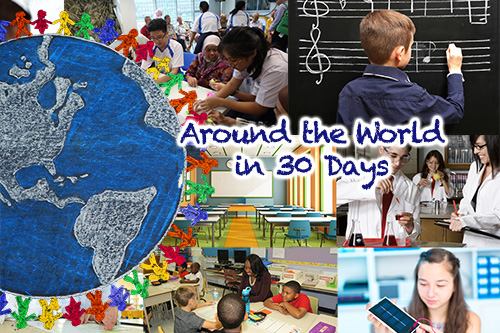
C. M. Rubin’s Monthly Global Education Report
If the world’s teachers were calling the shots on content in curriculum, what would they change? This month our world-renowned educators had their say. “Yes, the world is changing. I would say shrinking day by day,” writes teacher Rashmi Kathuria from India, who believes “the entire education system needs revamping. We need to develop a generation of critical thinkers, collaborators, communicators, environmentalists and ethical IT users.” Maarit Rossi in Finland wonders if all classrooms might need a common “global curriculum,” and Carl Hooker in the United States writes, “if we were starting the American school system from scratch today, knowing what skills our students will need, we could change the subjects and not base them on what big-time publishers want us to focus on with our students.”
Education Minister Mitzie Hunter in Canada believes “it takes a village to raise a child, and it takes collaboration and a diversity of ideas to build a stronger education system for our next generation of leaders.” For this reason, Ontario has taken bold steps to modify its curriculum in order to “expand a child’s ability to problem solve, collaborate, think creatively, become financially literate and entrepreneurial, and build a better world by contributing to their community locally while thinking globally.”
Meanwhile in Singapore, educators are “putting in more efforts to emphasize values inculcation, lifelong learning, holistic education and 21st century skills. We hope to encourage joyful learning and help our students develop resilience and an entrepreneurial spirit,” says Pak Tee Ng. Singapore’s experience illustrates that once educational change is a mission for future generations, “people will rally together and bite the bullet to see through the change.”
Once upon a time, we thought the only place to meet authors was in bookstores and the only way to network with movie industry people was at film festivals. But look at the disruptive innovations we’ve witnessed, thanks to technology, since the 90’s. There are new platforms and vehicles allowing vast audiences to participate and collaborate regarding any topic and from anywhere in the world. As an example, Edmodocon 2017 featured Sal Khan of Khan Academy, Richard Culatta of ISTE, Steven Farr of Teach for All, and Anthony Salcitto of Microsoft, who spoke to Edmodo’s global audience (80 million registered users in 400,000 schools in 190 countries), including teachers, parents and students. Billed as a free day of professional development for all learners, the virtual event is the largest online education conference in the world and the only one where guests don’t have to fork out monies for airline tickets, expensive hotels and taxis, or fight for a front row seat in a packed auditorium to watch a sage on a stage – they simply log on.
What can Millennials teach everyone else about happiness? Well, the Happify study concluded that some Millennials place far too much emphasis on work as the key to their happiness. But we wondered if this was really true? Our Millennial bloggers are based all over the world. They are innovators in entrepreneurship, journalism, education, entertainment, health and well-being and academic scholarship. This month we asked them to share their lessons in life and the pursuit of happiness. How does James Kernochan pursue happiness? He wholeheartedly recommends the arts: “watching, hearing, doing, dancing, reading, laughing, crying, rolling your eyes and nodding your head.” In India, Harmony Siganporia asks, “How could someone paying me to read, write, teach and basically live the life of the mind I was born to live actually be considered something as base as, gasp, work?” Kamna Kathuria echoes the sentiment, and on being a teacher and somebody’s role model, she writes: “There were a hundred children who looked up to me, who expected me to help them learn. The purpose gave me strength. The relationships gave me joy.” On a sadder note, Francisco Hernandez has observed that “Americans, young and old, are more prone to anxiety, depression, addiction, and loneliness than ever before.” And finally, in our monthly pursuit of happiness tips, we enjoyed Jacob Navarette’s blog in which he reminds us to savor the “wonder of the moment,” to eat “the extra scoop of ice cream, nap a few more minutes, buy the boots in the window,” and “remember that everyone no matter where they come from wants to feel loved, a sense of purpose, valued and heard.” I think we’re with you on that one Jacob!
Our thanks once again to all our amazing teachers, millennials, other contributors and supporters around the world. We look forward to more of your contributions next month. When it comes to the world of children, there is always more work to be done.
(Photos are courtesy of CMRubinWorld)
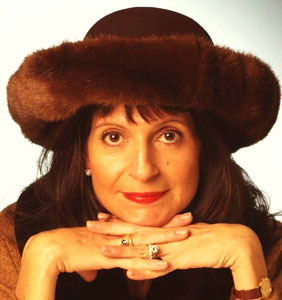
The Global Search for Education Community Page
C. M. Rubin is the author of two widely read online series for which she received a 2011 Upton Sinclair award, “The Global Search for Education” and “How Will We Read?” She is also the author of three bestselling books, including The Real Alice in Wonderland, is the publisher of CMRubinWorld and is a Disruptor Foundation Fellow.
Follow C. M. Rubin on Twitter: www.twitter.com/@cmrubinworld

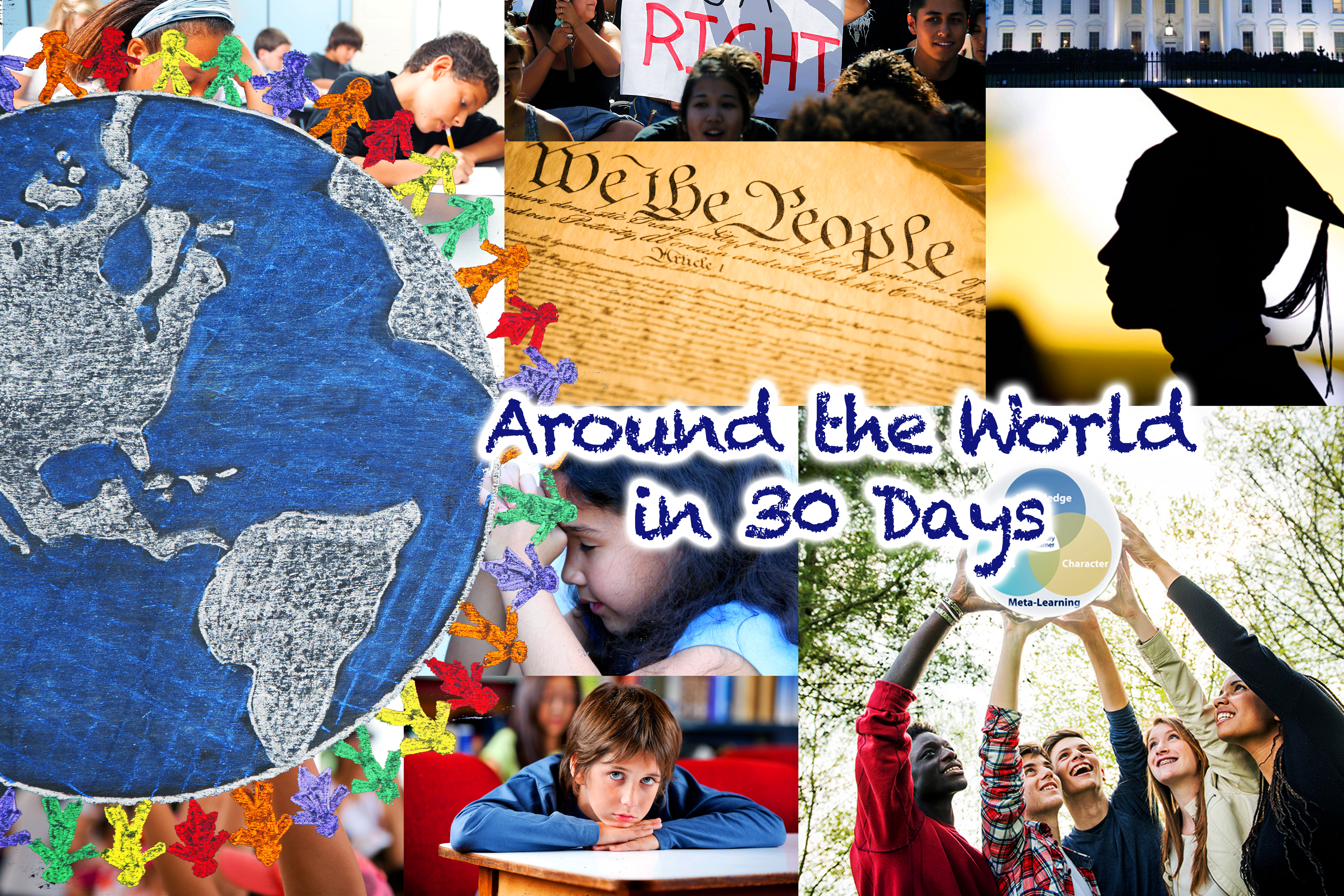

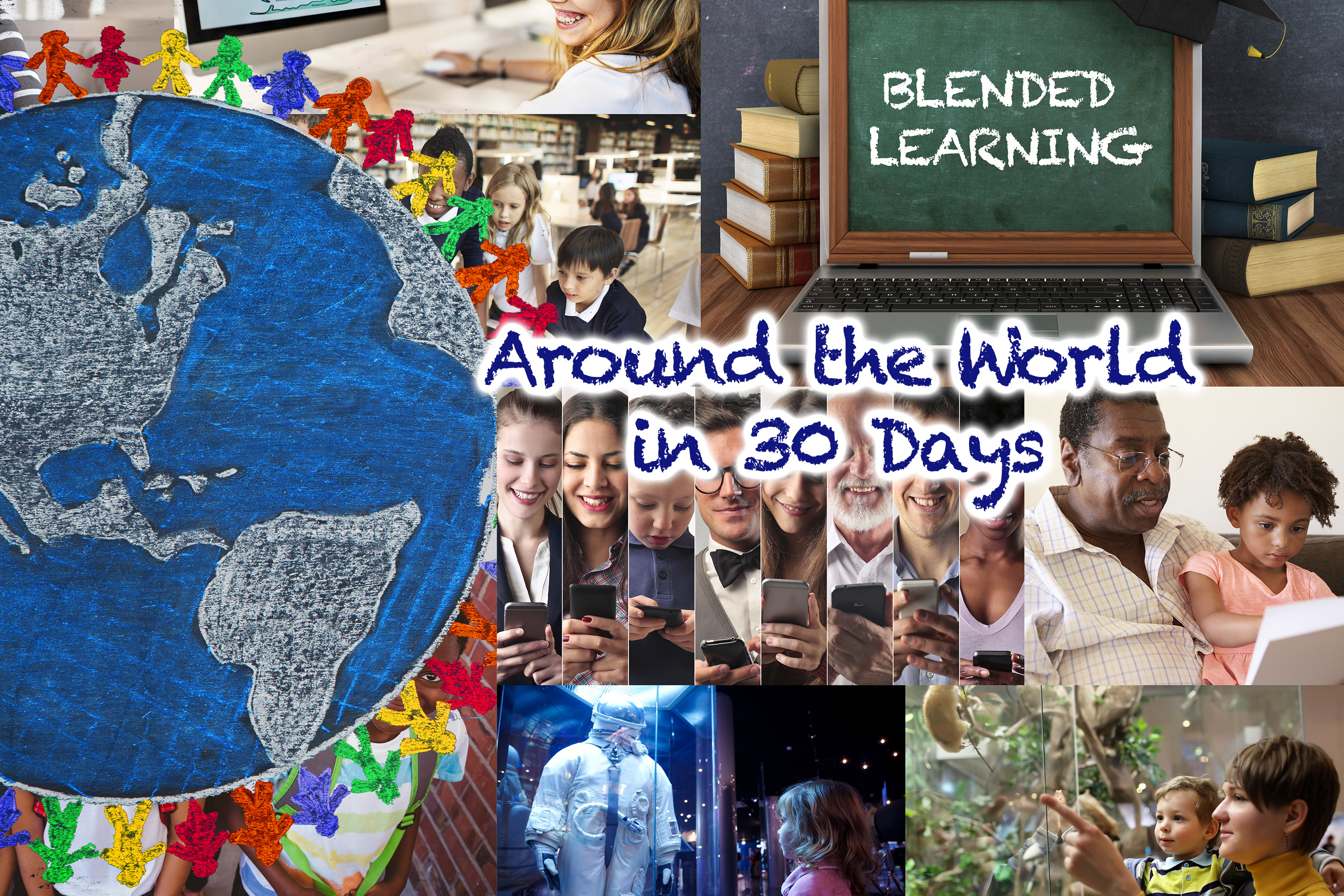
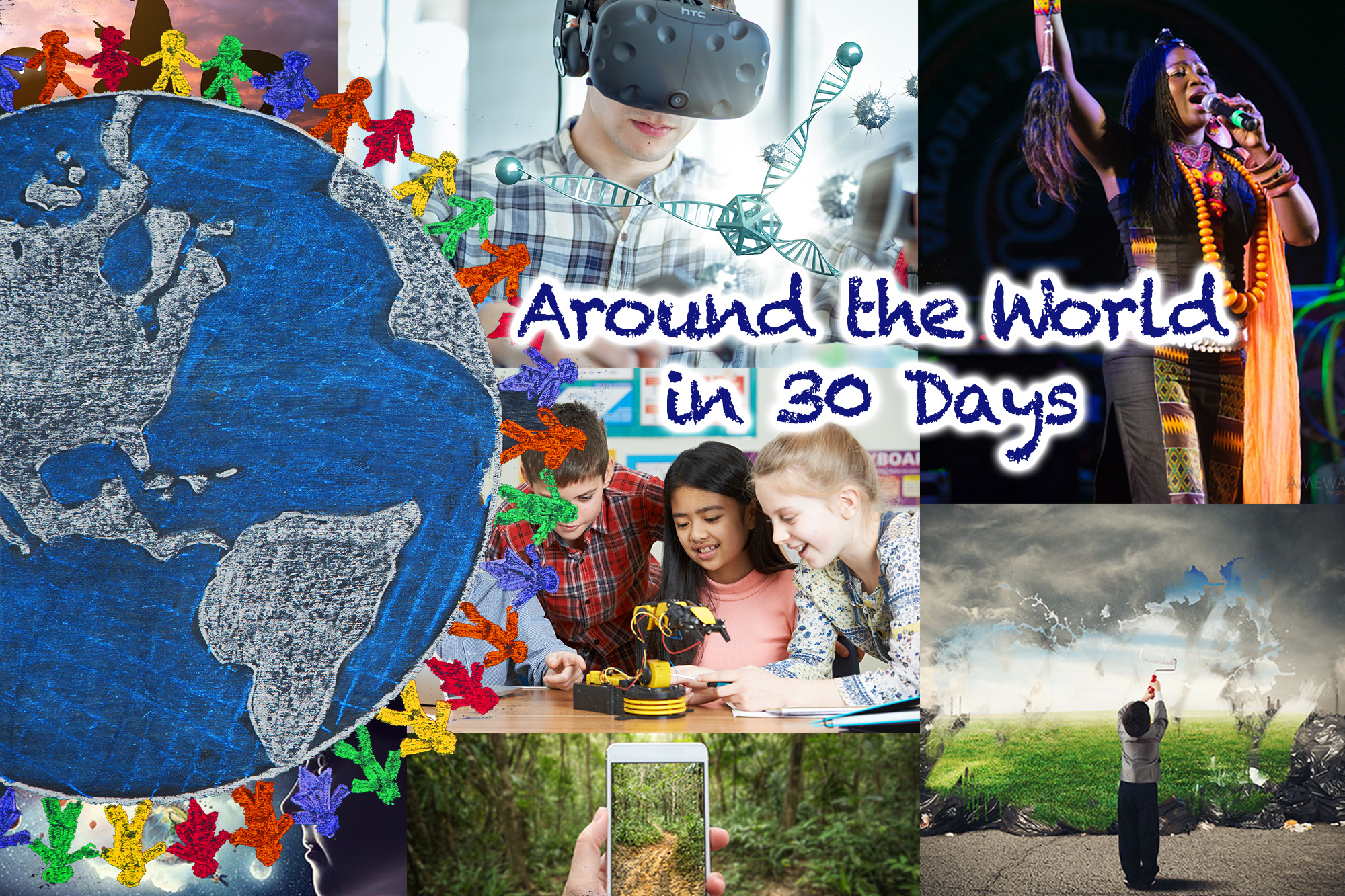
Recent Comments